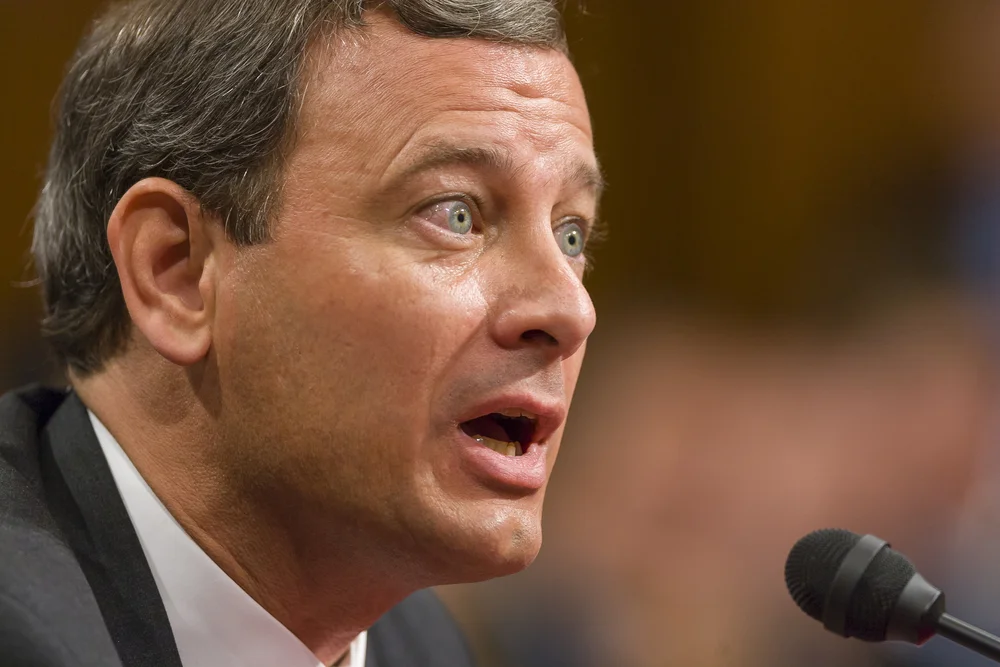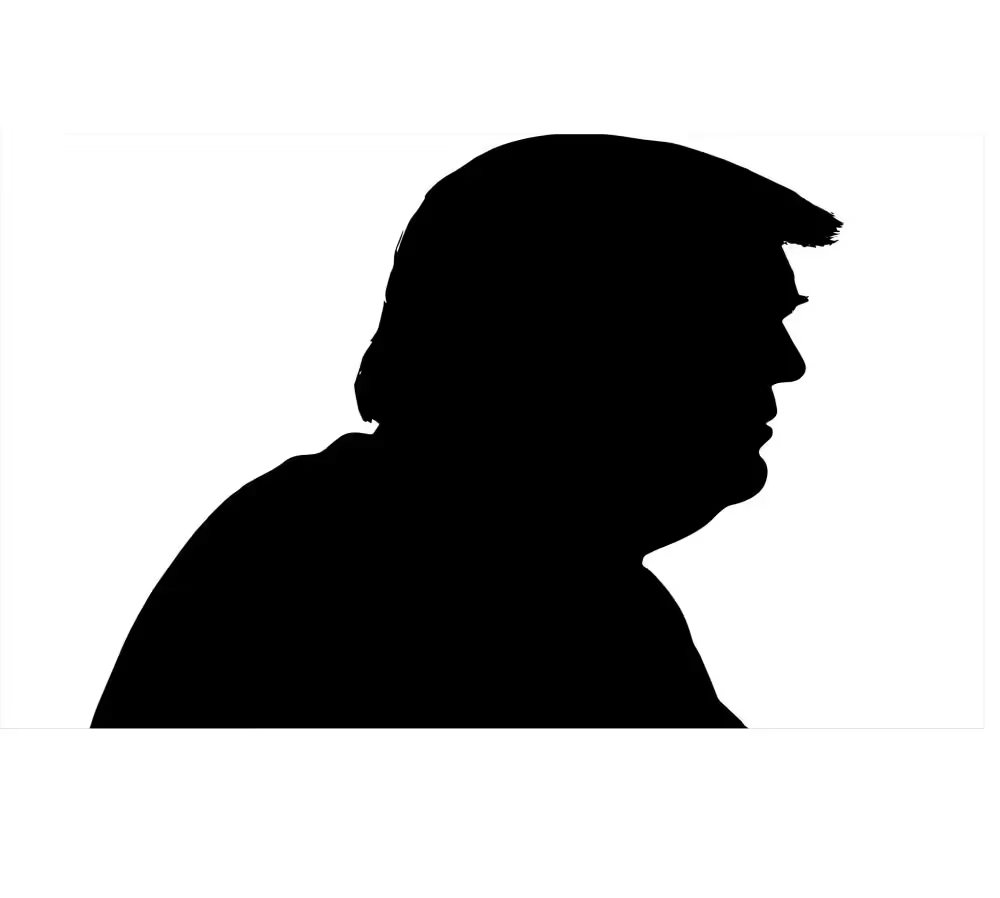
Big Government Statesmanship
Has the growth of federal power diminished our presidents?
The story of modern American government is a tale of ever-growing presidential power. For well over a century now, as the economy has expanded in scope and complexity, as America’s global footprint has enlarged, as new technologies of communication have focused attention on Washington, and as both the size of the federal government and the public’s expectations of that government have swelled, all eyes have turned to the White House. But as the president’s power and prominence have increased, has the stature of the office and its capacity for statesmanship grown too? Or does presidential statesmanship depend upon some boundaries for the chief executive?
The latter possibility hardly seems to occur to our presidents now. For decades, federal chief executives have behaved as though asserting more authority will inevitably also provide them with more standing. “I alone can fix it” might as well be the motto of the second branch in our time.
But the framers of the office, even those with an expansive view of the president’s role and importance, tended not to see power that way. In Federalist 17, responding to the widespread worry that the new Constitution would enable the federal government to poach the powers of the states, Alexander Hamilton suggested that the administration of petty minutia would be of no interest to the kinds of elevated statesmen who would be drawn to seek national office. In an extraordinary passage well worth quoting at length, he wrote:
It may be said that [the Constitution] would tend to render the government of the Union too powerful, and to enable it to absorb those residuary authorities, which it might be judged proper to leave with the States for local purposes. Allowing the utmost latitude to the love of power which any reasonable man can require, I confess I am at a loss to discover what temptation the persons intrusted with the administration of the general government could ever feel to divest the States of the authorities of that description. The regulation of the mere domestic police of a State appears to me to hold out slender allurements to ambition. Commerce, finance, negotiation, and war seem to comprehend all the objects which have charms for minds governed by that passion; and all the powers necessary to those objects ought, in the first instance, to be lodged in the national depository. The administration of private justice between the citizens of the same State, the supervision of agriculture and of other concerns of a similar nature, all those things, in short, which are proper to be provided for by local legislation, can never be desirable cares of a general jurisdiction. It is therefore improbable that there should exist a disposition in the federal councils to usurp the powers with which they are connected; because the attempt to exercise those powers would be as troublesome as it would be nugatory; and the possession of them, for that reason, would contribute nothing to the dignity, to the importance, or to the splendor of the national government.
This is not a discussion of the presidency alone. But Hamilton, who always thought of government first and foremost in executive terms, clearly has in mind a statesman of broad ambition, drawn to greatness, who is practically disgusted by the sheer pettiness involved in governing the little local details of a society’s public life.
This argument may reveal more about Hamilton and his Napoleonic conception of the splendor and dignity of power than it does about the logic of American political life. It has certainly not held up well as a prediction of what would attract the attention of national political leaders, since the federal government has taken up precisely the powers that Hamilton imagined its officials would not want.
And yet, Hamilton had a point. Getting bogged down in parochial minutia really does tend to undermine the dignity of the national government, and to leave it less capable of the sorts of high statesmanship that he hoped might occupy its most powerful officials. And this is particularly true of the presidency, which inevitably takes on the stamp and character of its occupant. It matters if the individual vested with the executive power in our government is inclined to serve as chief clerk of the administrative state tending to “the supervision of agriculture and of other concerns of a similar nature,” or a statesman who feels called to grand exertions in “commerce, finance, negotiation, and war.”
Our presidents have become more of the former, not entirely by their choosing. The greater reach and scope of federal power have meant that the president has far more minutiae to administer. And even within the structure of the federal system, the presidency has also taken on (through both legislative delegation and executive overreach) more of the kind of detail work that more naturally belongs to Congress.
As a result, American presidents have assumed increasingly minor governing responsibilities. They have been called upon to make more decisions, but smaller and narrower ones. And like many other trends of the modern presidency, this tendency has reached its absurd height with Donald Trump, whose approach to administration is often utterly personal—not even local, but individual, and consumed by his own private preoccupations and grievances.
The growing power of the president has therefore not necessarily translated to a growing presidential capacity for statesmanship—or for dignity and splendor, and therefore for genuine authority.
This suggests the counterintuitive possibility that the president’s authority is a function of the responsibilities and limits of the office of the presidency, not just its powers. The presidency is defined by duties to an unusual degree. As Joseph Bessette and Gary Schmitt have noted, the office is designed so that “duties require, or perhaps imply, powers; powers exist not for their own sake but to serve duties.” The president’s duties are, therefore, not merely burdens. They are sources of authority and stature, because although they are enumerated as responsibilities, they are more open-ended than many of the powers of the legislature. They describe ends without always specifying means, while Congress’s powers are expressed more often as permissible means.
What we think of as the boundaries of presidential powers are therefore also sources of presidential strength. Shorn of those limits, the president becomes subject to utterly unreasonable expectations—and when he fails to meet them, he ends up looking smaller and less effective.
The contemporary American president has plenty of room for statesmanship. He does have a central part to play in shaping global events and wielding the power of the national government in the most elevated arenas of action. But as the reach of federal power has increased, such statesmanship has become a smaller portion of the president’s work, and the office has diminished in turn.
Perhaps ironically, elevating the president to the stature outlined in our system would require restoring some constraints on both the power of our government and the roles assigned to its chief executive.
Yuval Levin is the director of social, cultural, and constitutional studies at the American Enterprise Institute and the editor of National Affairs. His new book, American Covenant: How the Constitution Unified Our Nation -- and Could Again, has just been published.
Constitutionalism

Amicus Brief: Hon. William P. Barr and Hon. Michael B. Mukasey in Support of Petitioners
Former AGs Barr and Mukasey Cite Civitas in a SCOTUS Brief

Rational Judicial Review: Constitutions as Power-sharing Agreements, Secession, and the Problem of Dred Scott
Judicial review and originalism serve as valuable commitment mechanisms to enforce future compliance with a political bargain.

Supreme Court showdown exposes shaky case against birthright citizenship
Supreme Court will hear challenges to Trump's order ending birthright citizenship, testing the 14th Amendment's guarantee for babies born in America.
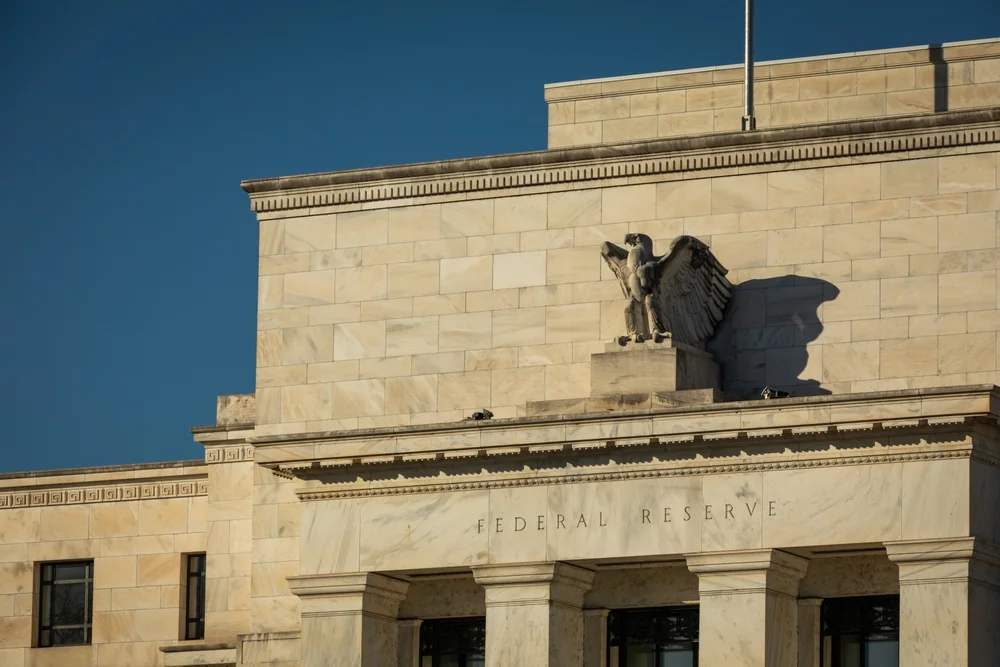
Why Is the Federal Reserve Special — and Just How Special Is It?
How does the Fed fit into the Court's reform of the administrative state?
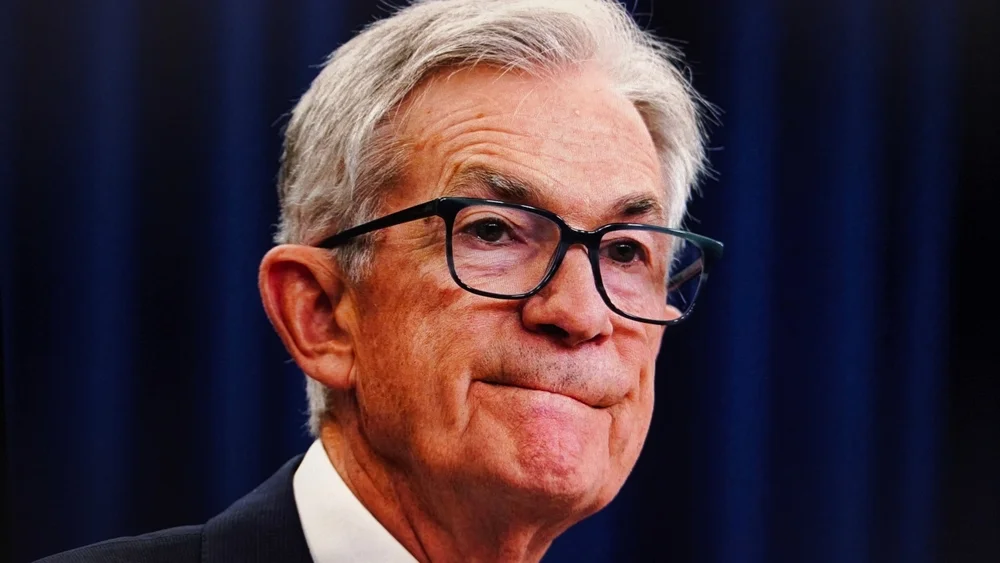
Kneecapping Powell, Undermining the Rule of Law
Donald Trump and conservatives know the perils of lawfare all too well. Why subject Jerome Powell to the same thing?
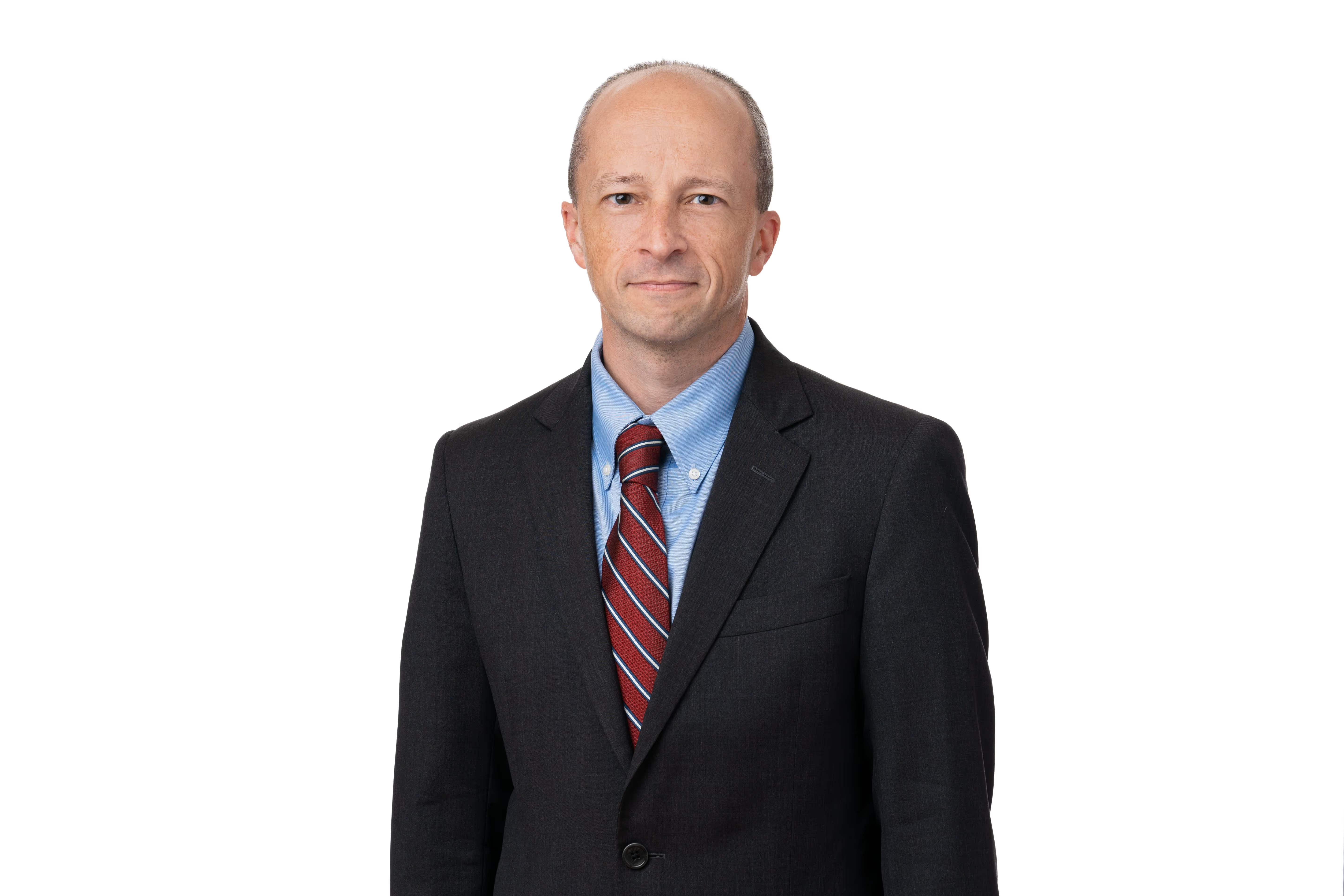

.avif)







.avif)
.avif)
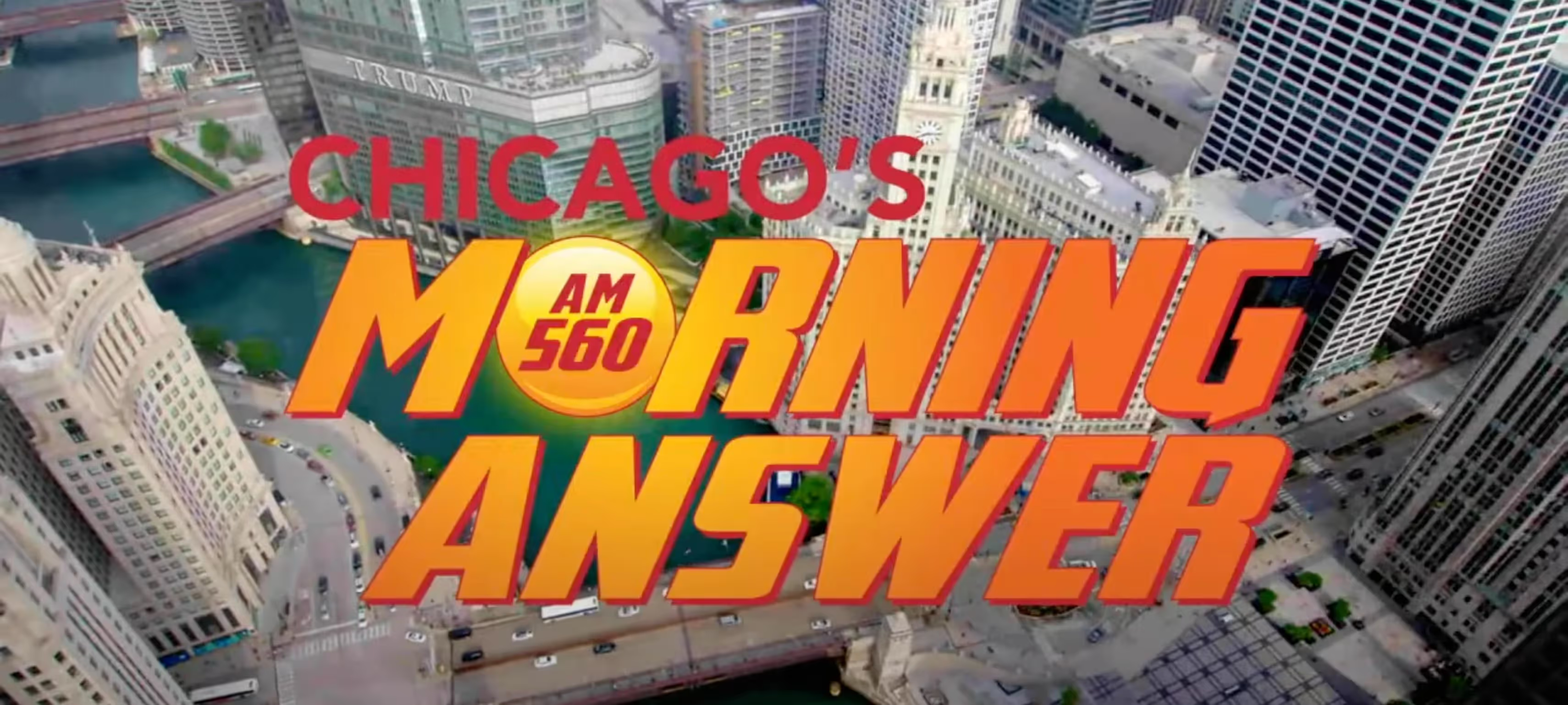
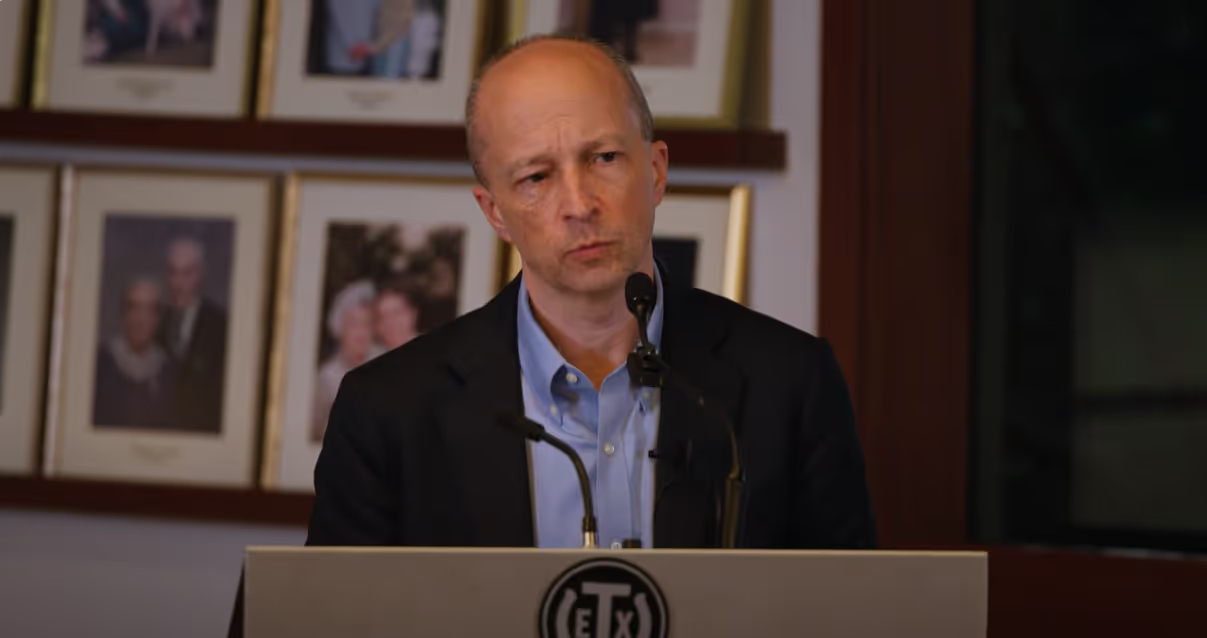
%20(1).webp)
